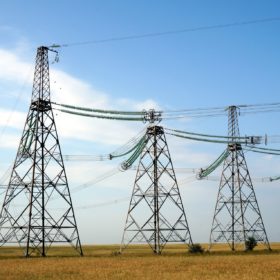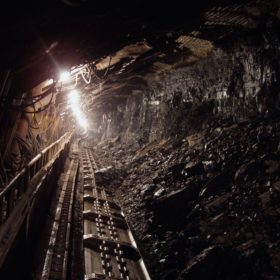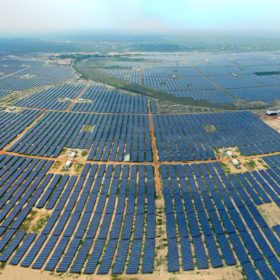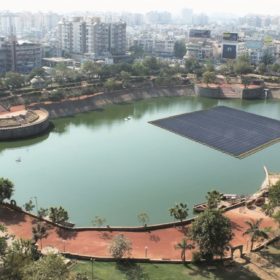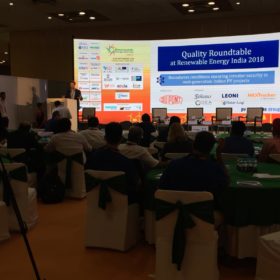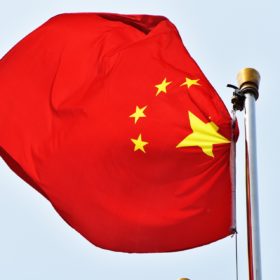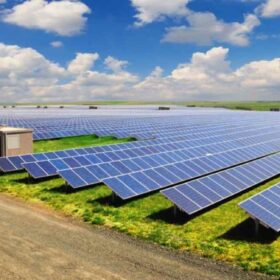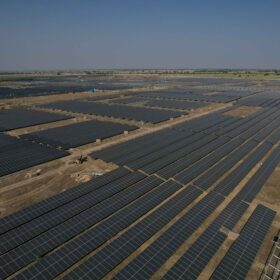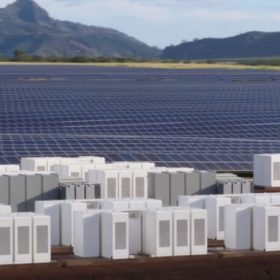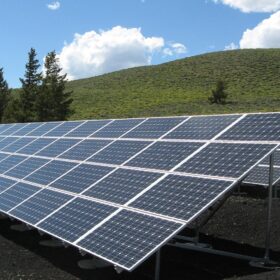SECI to supply almost 1.3 GW of clean power through deals signed in the last four weeks
With the power minister hinting a new renewable energy tariff policy could be in the works, the federal agency responsible for solar – which has come under fire after the latest delay to a troubled PV manufacturing tender – has boasted of the volume of clean power it has signed deals for recently.
The energy transition is easily affordable but all hope of 1.5C warming will vanish in 2028
Technical consultancy DNV GL has published its Energy Transition Outlook 2019. While the electric vehicle, storage and renewable energy industries are likely to see significant rises in demand, the sobering conclusion is the world will miss carbon reduction targets by a long shot.
SECI extends 6 GW manufacturing tender deadline again
The Solar Energy Corporation of India has extended the deadline yet again for a procurement exercise originally intended to secure 5 GW of PV manufacturing capacity and 10 GW of generation assets 13 months ago. The deadline for bidding for 2 GW of production and 6 GW of generation capacity is now October 11.
NLC commissions 95 MW solar capacity in Tamil Nadu
With this addition, the total installed renewable energy capacity of the state-owned power generator has exceeded 1 GW.
Hundreds of MW of floating PV set to come online in India
With developers facing land constraints, a huge pipeline of floating PV projects is currently in the early stages of development in India. While the outlook for solar on water in the fast-moving solar marketplace appears bright, there is much industry learning still to be had and a steep learning curve for component suppliers and developers alike.
Jammu & Kashmir presents a Rs11,000-crore solar opportunity by 2022: Care Ratings
The state with power deficit of up to 20% provides the opportunity to scale up the solar capacity to 2 GW by 2022, which would require an investment of Rs11,000 crore.
Solar irrigation product converts sunlight directly into motion
The invention converts energy produced by PV cells directly into mechanical motion without batteries or power electronics. Its developers claim the solar motor can drive irrigation water pumps and ventilation turbines for more than 20 years without maintenance.
Have your say on NSEFI best practice guidelines for utility scale PV
The National Solar Energy Federation of India (NSEFI) is continuing to step up its efforts to ensure the quality of large scale solar projects. The body is now looking for stakeholder input into its new best practice guidelines for PV power plant projects, as a part of its ongoing Quality Taskforce initiative.
Eric Luo: China will see just 20-25 GW of solar per year through 2025
The GCL System chief executive made comments that fly in the face of an expected solar gold rush in China that analysts predict will start this month. Though rising overseas demand will address overcapacity fears, according to Luo, the soundbite is sure to chill PV boardrooms across the world’s biggest solar market.
REIL tenders for installation of 270 EV charging stations
The chargers will be set up in six cities (Agra, Bengaluru, Goa, Hyderabad, Ranchi, Shimla) and along Delhi-Jaipur-Agra-Delhi and Mumbai-Pune-Mumbai highways.
